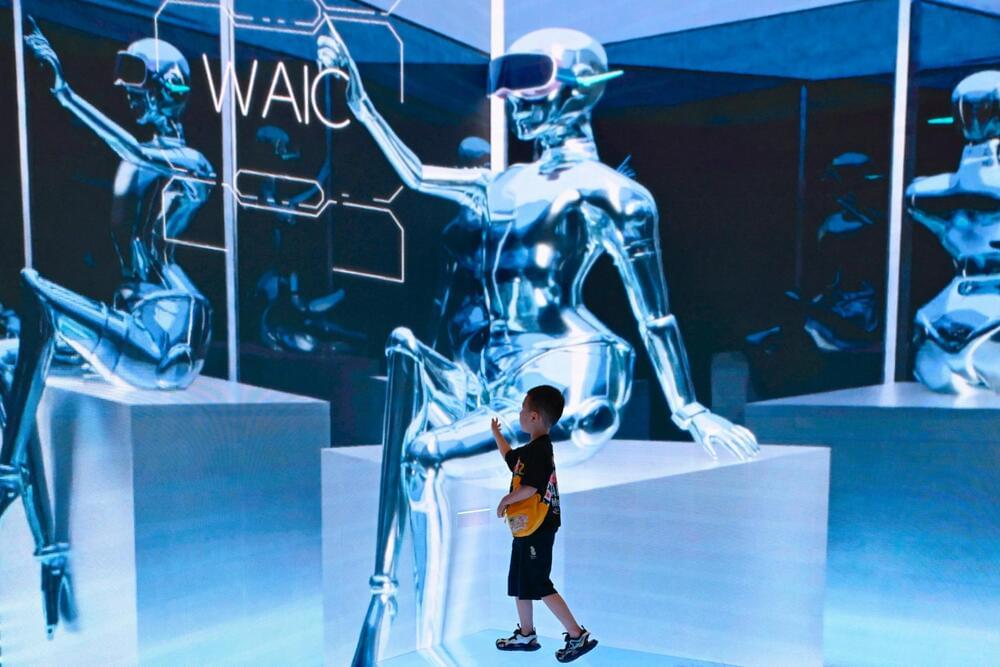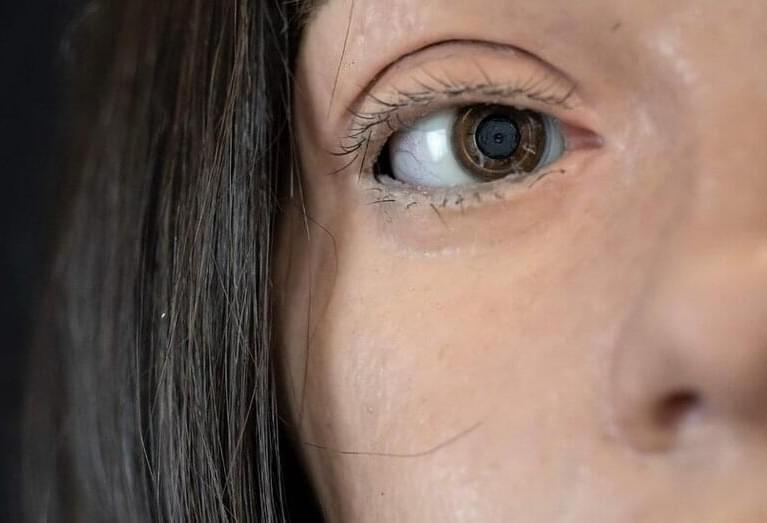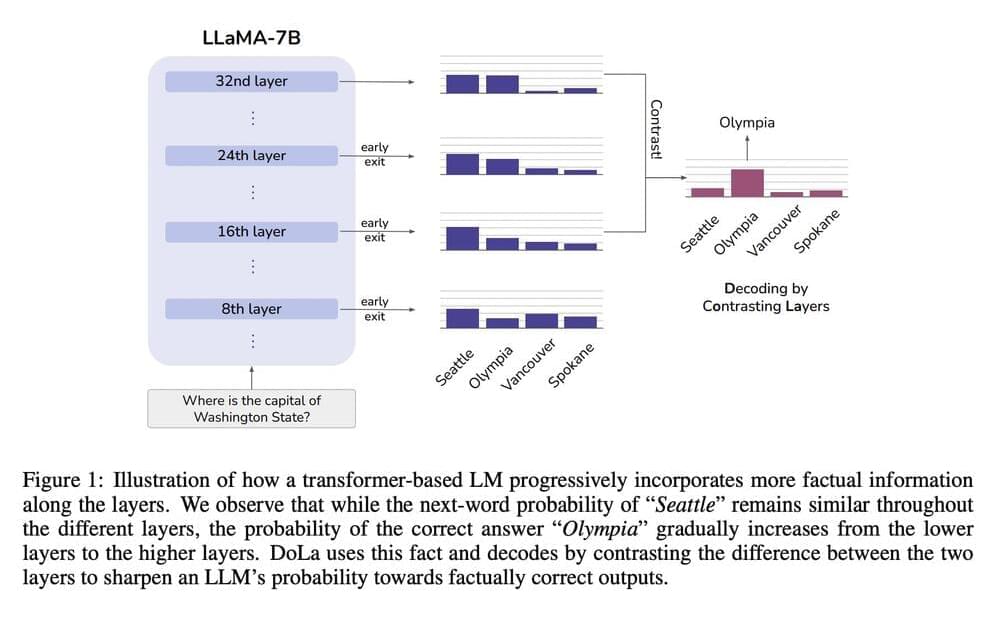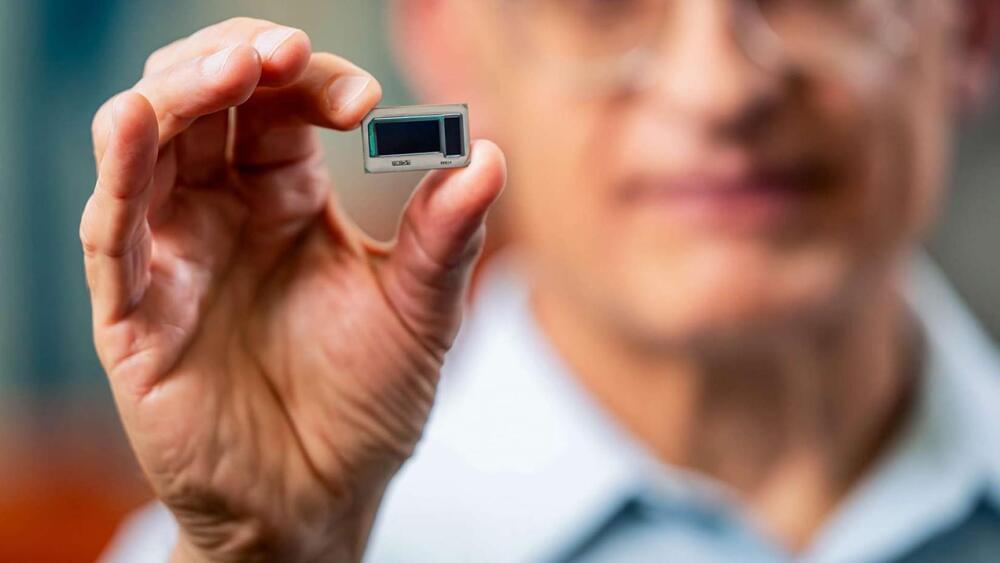Google is introducing Bard, its artificially intelligent chatbot, to other members of its digital family—including Gmail, Maps and YouTube—as it seeks ward off competitive threats posed by similar technology run by Open AI and Microsoft.
Bard’s expanded capabilities announced Tuesday will be provided through an English-only extension that will enable users to allow the chatbot to mine information embedded in their Gmail accounts as well as pull directions from Google Maps and find helpful videos on YouTube. The extension will also open a door for Bard to fetch travel information from Google Flights and extract information from documents stored on Google Drive.
Google is promising to protect users’ privacy by prohibiting human reviewers from seeing the potentially sensitive information that Bard gets from Gmail or Drive, while also promising that the data won’t used as part of the main way the Mountain View, California, company makes money—selling ads tailored to people’s interests.







